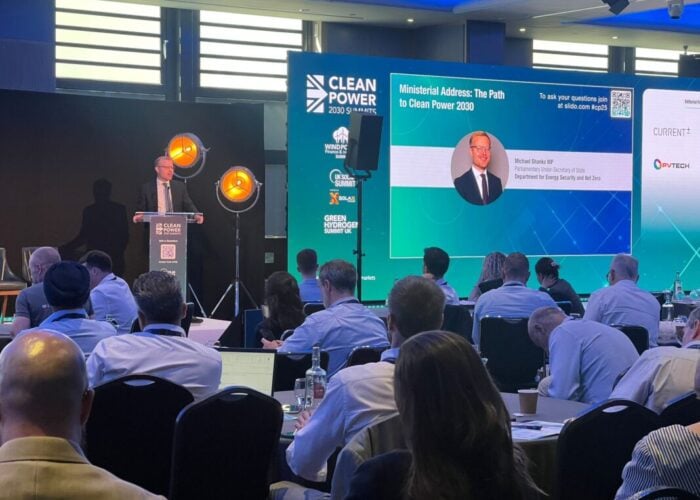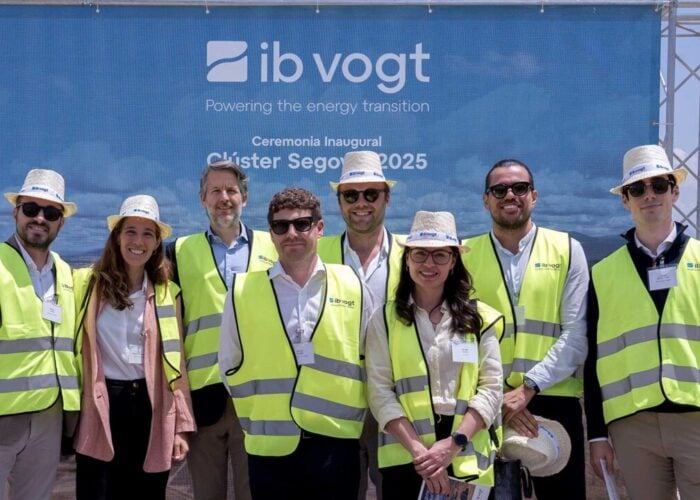Chinese PV manufacturer and system integrator, TBEA SunOasis, has won a bid to be part of Pakistan’s Quaid-e-Azam solar park.
SunOasis won contracts for the engineering, procurement and construction (EPC) as well as operations and maintenance (O&M) of the initial 100MW phase of what will be Pakistan's first utility-scale solar park.
Unlock unlimited access for 12 whole months of distinctive global analysis
Photovoltaics International is now included.
- Regular insight and analysis of the industry’s biggest developments
- In-depth interviews with the industry’s leading figures
- Unlimited digital access to the PV Tech Power journal catalogue
- Unlimited digital access to the Photovoltaics International journal catalogue
- Access to more than 1,000 technical papers
- Discounts on Solar Media’s portfolio of events, in-person and virtual
Located next to the city of Bahawalpur in Pakistan, the Quaid-e-Azam solar park’s initial flagship project of 100MW is to be built across 500 acres; the government of Pakistan hopes to extend the project to a mega-solar project of 1,000MW with 6,500 acres of land reserved.
The total price of the 100MW project is estimated to cost US$215 million with EPC accounting for US$131.15 million and US$73 million for O&M.
The project has a life expectancy of 25 years, with the predicted profit from the project over 25 years estimated at US$21.95 million.
The solar park is part of efforts from national and local Punjab government to attract investment into the country’s energy sector, solar projects are exempt from tax, with a 17% return, guarantees, duty exemptions and other financial mechanisms to attract investment.
In September last year, the Punjab chief minister Mian Shahbaz Sharif revealed aims for the government of Punjab to install, from its own resources, 700MW of solar, setting up the state-owned company, the Quaid-e-Azam Solar Power Co., to deliver the projects. The project has since been expanded to 1,000MW
Quaid-e-Azam, or 'Father of the Nation', is named in honour of the founder of Pakistan, Muhammad Ali Jinnah, and will be owned by the government of Punjab.
At Intersolar Europe in Munich two weeks ago, it was reported that the park had began construction at the start of this month.
Pakistan is currently suffering from 6GW in energy shortfall, with demand rising by 8% annually.
Punjab receives some of the highest solar radiation in the world, 5-7 kWh per square meter, with 3,000 hours of sunshine available annually.
TBEA SunOasis is predicted to be the world's biggest EPC firm this year.







